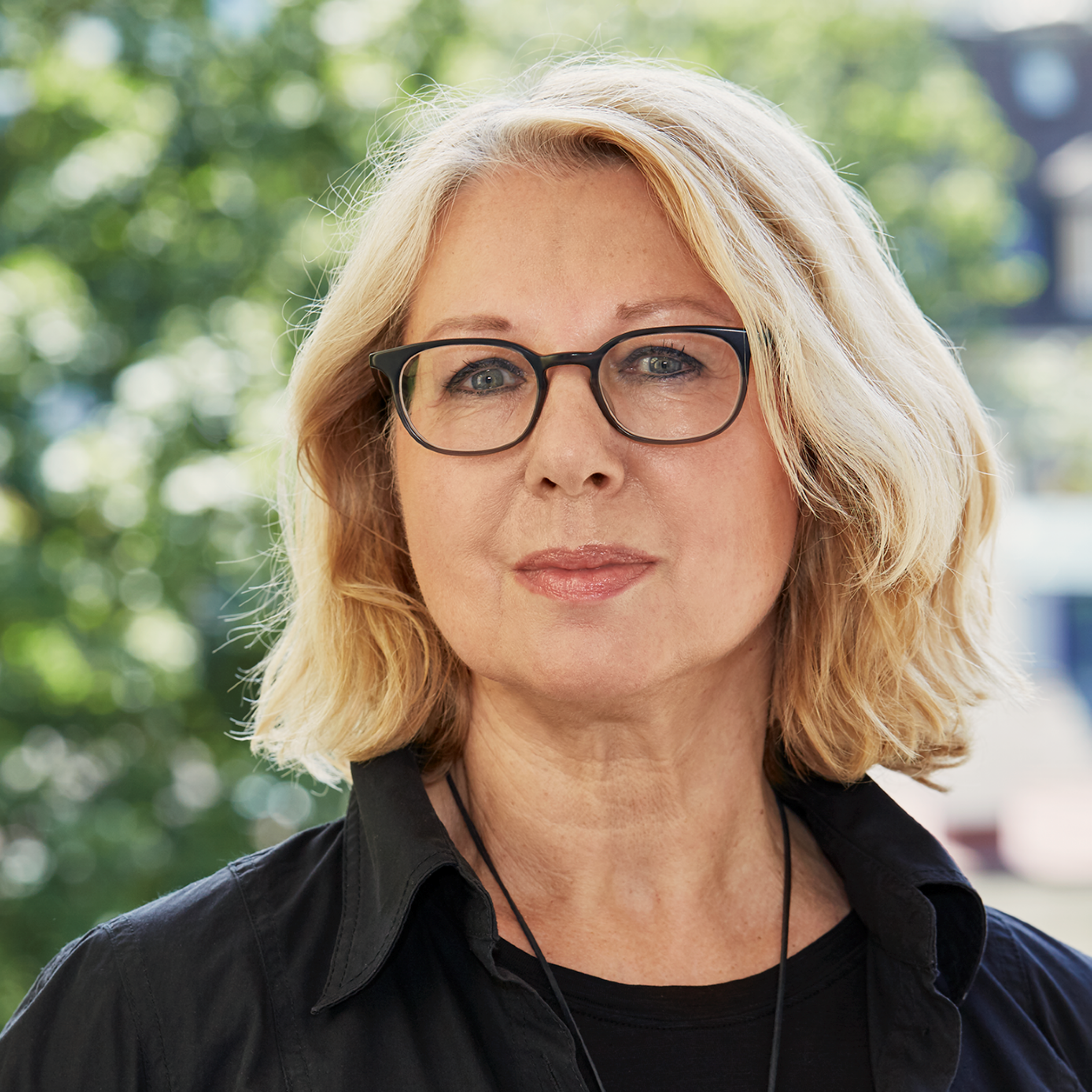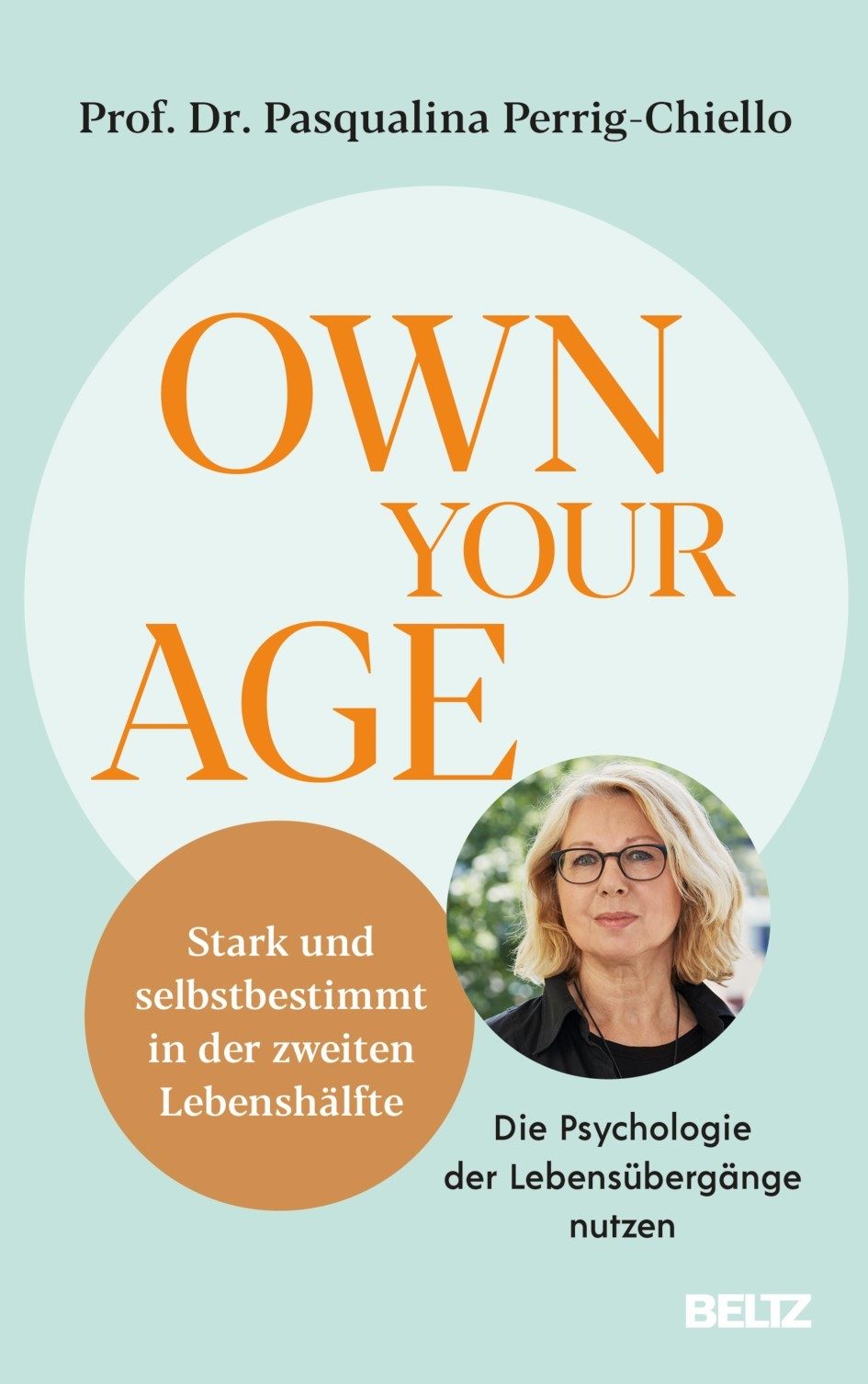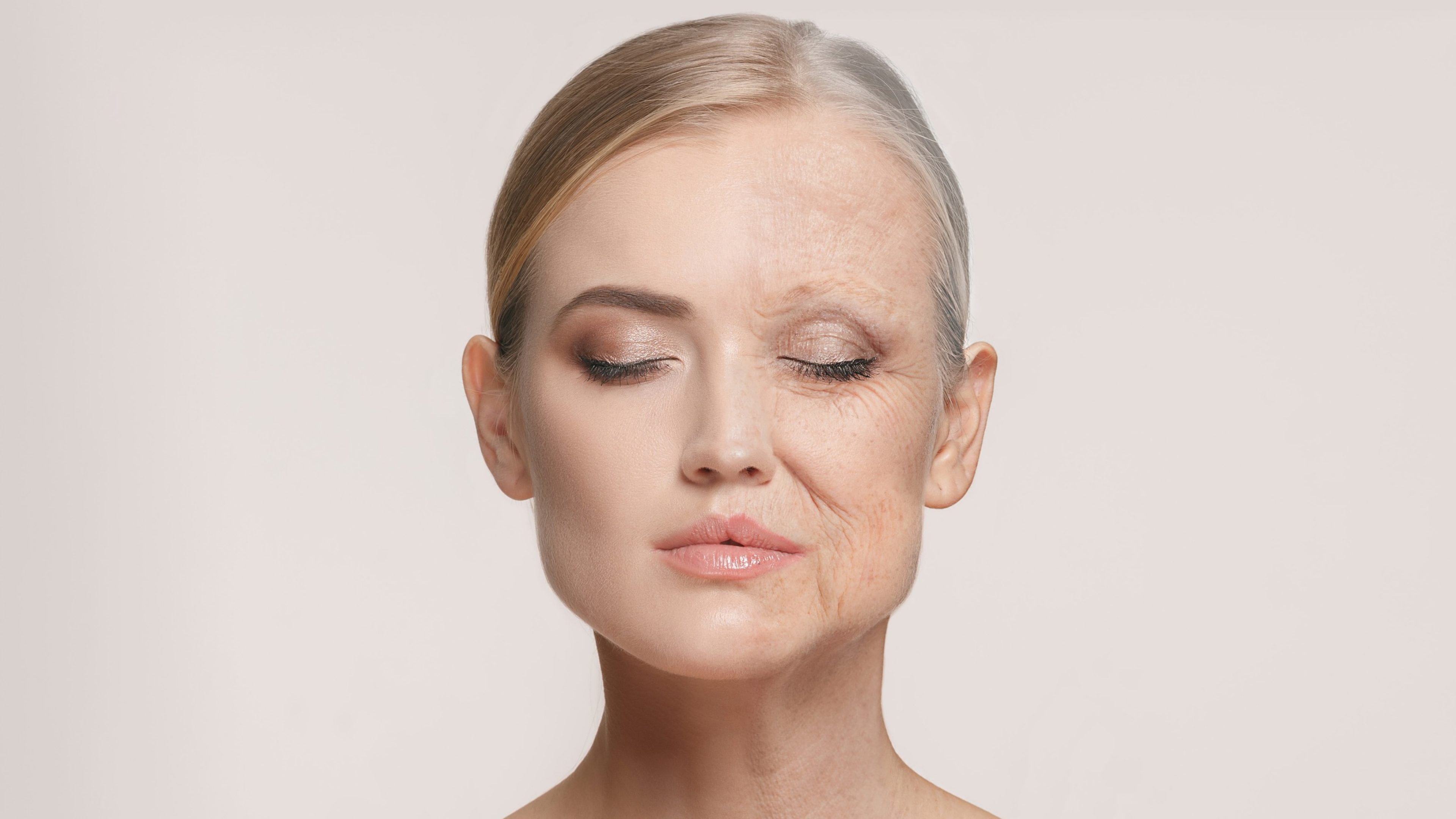As life expectancy increases, it is becoming more and more important to successfully cope with middle age. Developmental psychologist Pasqualina Perrig-Chiello discusses the underappreciated midlife crisis and its importance for ageing well.
The term “midlife crisis” was coined in 1957 by the Canadian psychoanalyst Elliott Jaques. Nevertheless, it was only recently that the New York Times featured the headline “The Midlife Crisis Is Very Real and Nothing to Be Laughed At”. Are we not taking the phenomenon seriously enough?
Actually, the issue of the “midlife crisis” has long been neglected in developmental psychology. In the media, it was viewed as a cliché and ridiculed, exemplified by the ageing playboy on a motorcycle with his young girlfriend sat behind. However, as life expectancy increases, research is increasingly focusing on the middle phase of life – which today means the years between 40 and 55. And it is finally being seen for what it is: a transition phase featuring the lowest levels of satisfaction with life and all manner of crises.
When does satisfaction with life begin to decline?
It begins around the late 30s to early 40s. By the mid-50s, it starts to improve again. This U-curve of happiness has been identified by researchers in many different cultures. In Europe, people reach their lowest point in life satisfaction at 46 years of age, while in emerging markets, it happens at age 43. Many people can cope well with it, but still, at least one in five experiences severe psychological challenges during this phase.

What are the most common consequences?
The risk of depression increases significantly during this time – regardless of gender, income or marital status. Heart disease, sleep problems and alcohol abuse also increase. The time between the late 40s and early 50s is also the period with the highest rates of suicide, burnout and divorce. This is not only very detrimental for those affected and those around them, it is also a major cost driver in the healthcare sector and leads to very high levels of absence from work.
Is this a major health crisis that no one is talking about?
You could put it that way. All the more so when you consider how large this population group has become as a result of demographic change. More than a third of people in Switzerland are between the ages of 40 and 64. The situation is similar in Germany and France, as well as in most other Central European countries.
Where does this great unease in middle age come from? At 40 most people are at their peak.
The pillars of “health”, “work” and “relationships” on which we base our lives in the first half of life, often begin to wobble starting at 40: our bodies undergo hormonal changes and our performance decreases. Professionally, one is increasingly labeled as “over the hill”, and family dynamics shift: children are slowly becoming independent, while our own parents increasingly rely on assistance and pass away. Among those aged 40 to 45, more than half still have both parents, while ten years later, this only applies to 20%. It is a turbulent and exhausting time that often results in the feeling of trudging through life rather than actually living it.

Is the midlife crisis essentially a crisis of self-determination?
Yes, that’s also true. But above all it is an existential crisis. Their time left in the world is decreasing and many people are asking themselves “is that it?” While they still had clear perspectives and goals up to that point, these often get lost in middle age. While we seem to have accomplished a great deal, at the same time we are painfully aware that we are no longer able to realise all our plans. This is why some people are plagued by the fear of having made too many compromises and not having really lived life.
Are men and women equally affected?
Yes, it affects both sexes, but they deal with it differently. Women tend to have a stronger network of relationships in which they can talk more to people about problems and ask for help early on. Men often wait too long when crises loom. For example, they react by exercising or drinking alcohol. Instead of questioning the reasons for the crisis, they try to sit it out. This often leads to explosive responses and making radical changes in their professional or person lives.
You have also investigated how people can escape this low in their lives. What’s the key?
Crises are also always signs of a need for change. Dissatisfaction in middle age serves an important purpose: it gives us the opportunity to reinvent ourselves. In addition to a good social network, a key factor here is the ability to take personal responsibility and self-efficacy. Those who actively deal with their dissatisfaction and exchange ideas with others are happier than those who consider themselves a victim of circumstances.
Over the past 50 years, life expectancy in Europe has increased by almost 10 years. Has this changed what middle age means?
The key challenges have remained the same; hormonal changes are still taking place at the same age, parents are still getting old, and people are likely to be thrown on the professional scrapheap sooner rather than later. But there is good news: never before have people had such good opportunities to reshape their lives. Previously, being 50 meant you were already considered to be over the hill; today you have an average of around 30 years of good health ahead of you. Separating from a partner or changing your job is much more socially acceptable. This means your starting point has become easier.
From the mid-fifties, average life satisfaction increases again. To what extent does the way we shape our lives between the ages of 40 and 55 influence the second half of our lives?
How we shape the middle phase of our lives is decisive when it comes to leading a happy, self-determined old age. If you are eating properly at 45, you are likely to be doing so 20 years later. If you are chronically dissatisfied at the age of 48, you will probably also be at the age of 70.
We should adopt a lifestyle that is focused on stimulation, on our cognitive, emotional, social and physical levels. In other words, it pays to spend a lifetime focusing our brain on building and cultivating intimate and social relationships and being physically active. As a general rule, sooner rather than later, but also better late than never.
What is the secret to happiness in old age?
Analyses of the lives of so-called “happy survivors” – i.e. healthy and contented elderly people – reveal the same time and again: they are usually men and women who, in their middle age, learned to free themselves from what others say or what is currently fashionable. They followed a self-determined path. In the first half of our lives, we often still have to make a lot of compromises, in the second half, fewer. This is one of the great opportunities we have in middle age: ageing well is not merely a biological or socially-determined destiny, it is above all a question of individual self-determination.

Pasqualina Perrig-Chiello
Pasqualina Perrig-Chiello (71) is a Swiss developmental psychologist and a leading expert in European ageing research. For decades, the professor emeritus at the University of Bern has been researching biographical transitions, intergenerational relationships, and well-being and health throughout the various phases of life. She has already authored several works on this subject, and her latest book “Own your age: Stark und selbstbestimmt in der zweiten Lebenshälfte” (Beltz Verlag) will be published at the beginning of February 2024.





